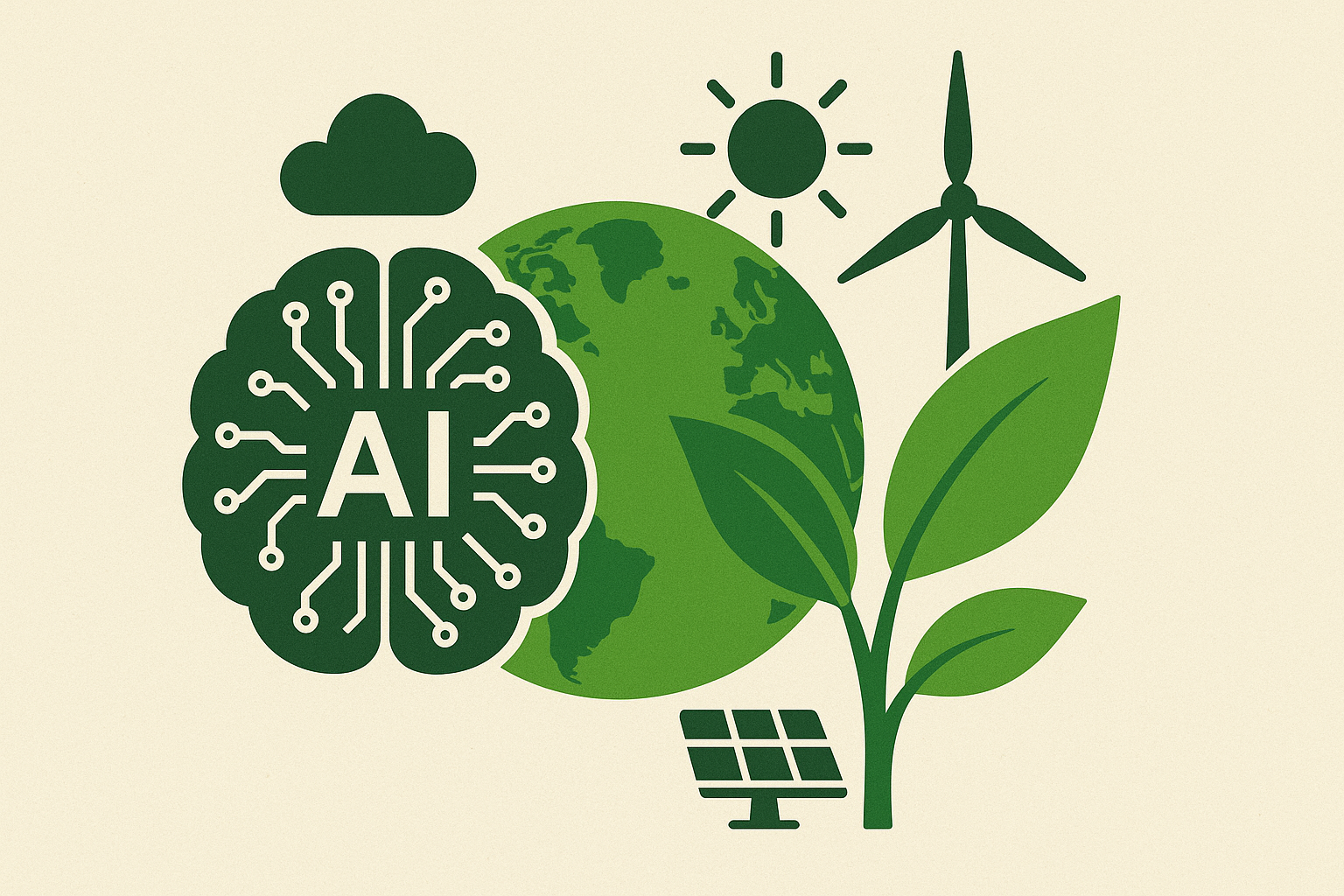Microsoft will withdraw Copilot from WhatsApp as of 15 January 2026, following the implementation of new platform rules that ban all LLM chatbots.
The service helped millions of users interact with their AI companion inside an everyday messaging environment, yet the updated policy leaves no option for continued support.
Copilot access will continue on the mobile app, the web portal and Windows, offering fuller functionality instead of the limited experience available on WhatsApp.
Users are encouraged to rely on these platforms for ongoing features such as Copilot Voice, Vision and Mico, which expand everyday use across a broader set of tasks.
Chat history cannot be transferred because WhatsApp operated the service without authentication; therefore, users must manually export their conversations before the deadline. Copilot remains free across supported platforms, although some advanced features require a subscription.
Microsoft is working to ensure a smooth transition and stresses that users can expect a more capable experience after leaving WhatsApp, as development resources now focus on its dedicated environments.
Would you like to learn more about AI, tech and digital diplomacy? If so, ask our Diplo chatbot!










